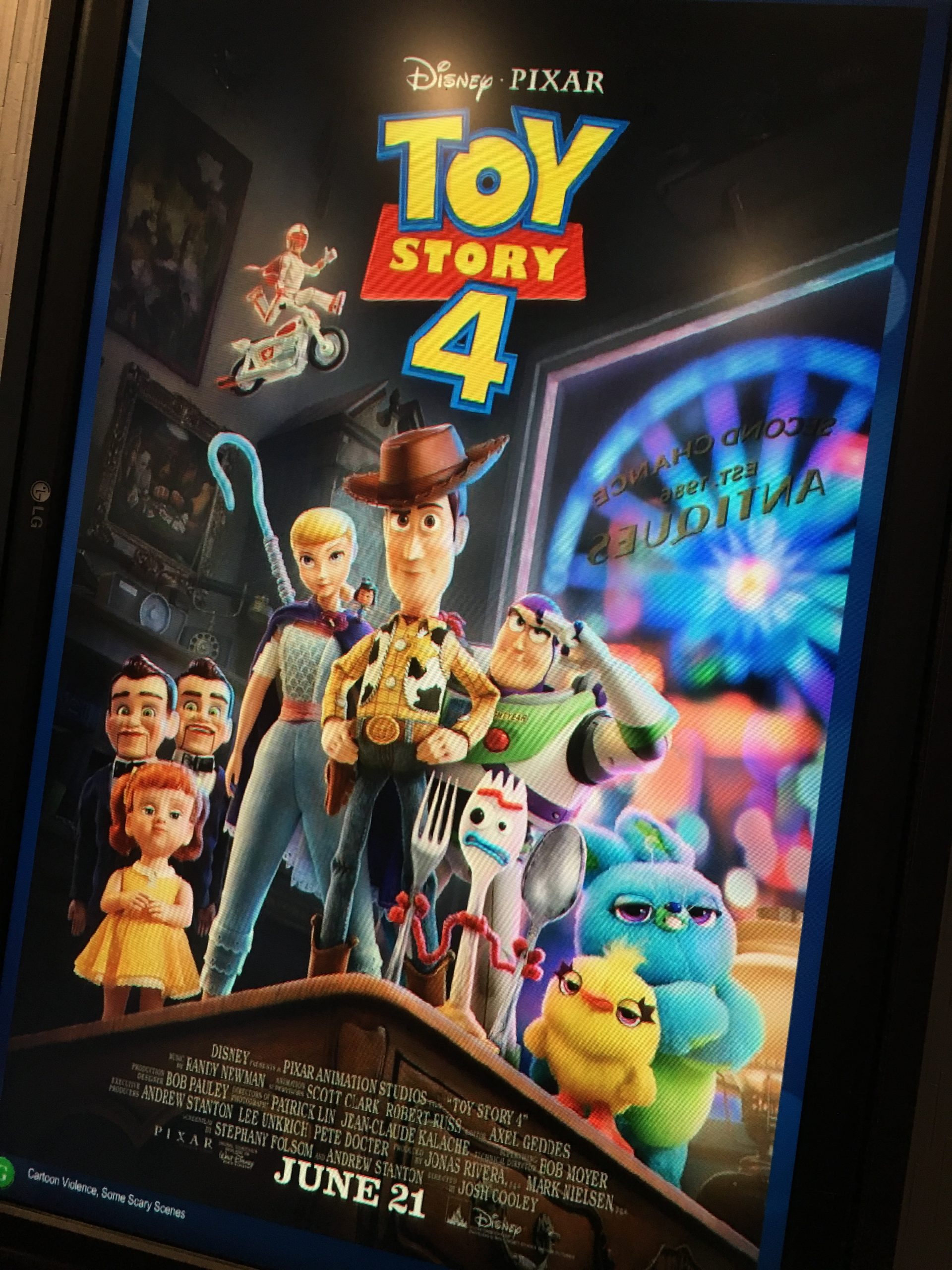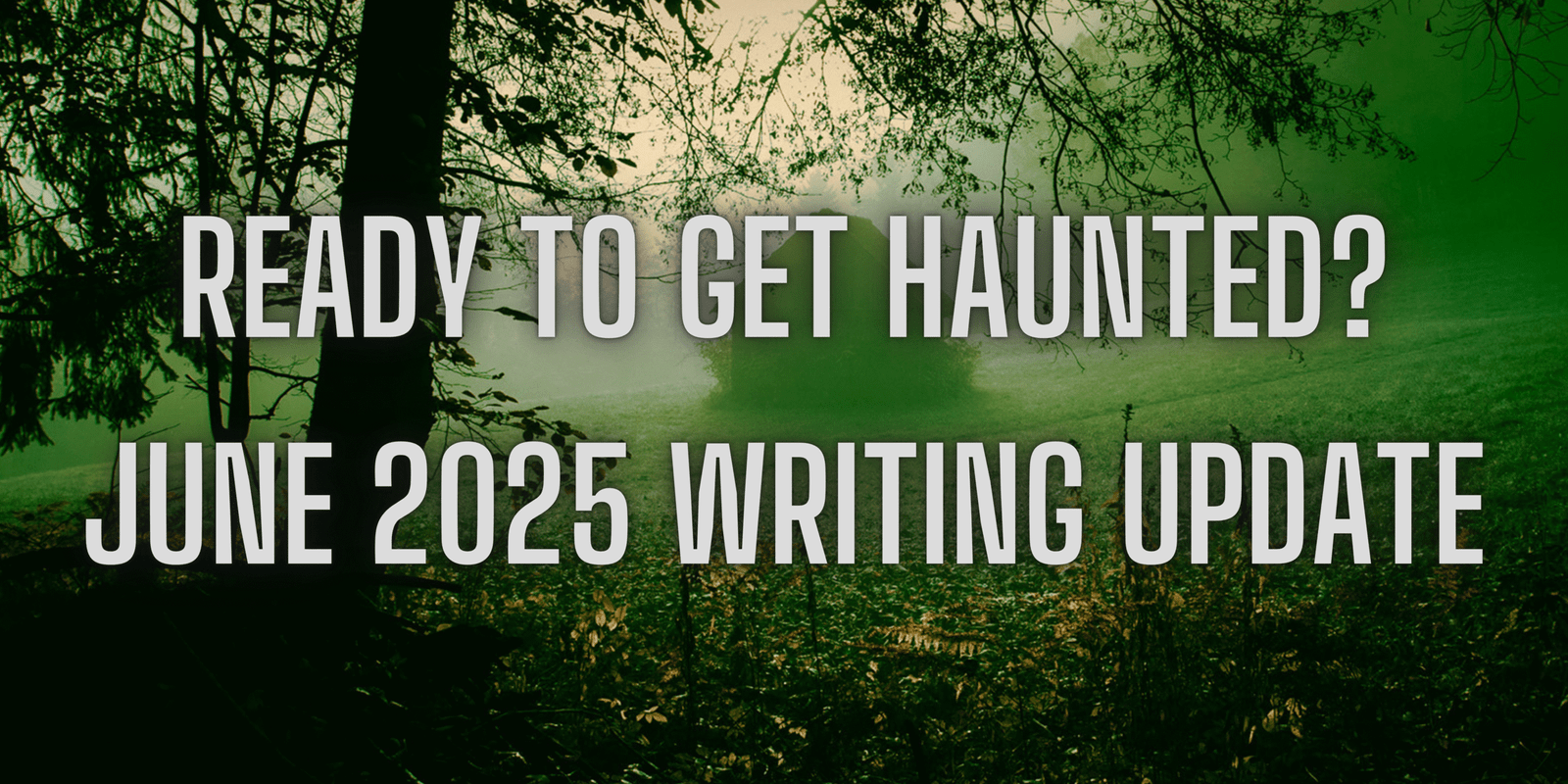Is it is just me, or are Pixar movies getting more intense?
I think the fact that this is a Toy Story movie is one of the reasons why the plot has to be a little more complex than that of a “typical” children’s movie. As a film marketed towards children, the overall plot and themes need to be simple and universal enough that a young child could understand. But since this is a franchise that began when I was a young child, the movie still needs to appeal to the older fans who have been watching Toy Story movies from the very beginning.
 Spoilers Ahead
Spoilers Ahead
As a children’s movie, there are a lot of positive messages throughout. On one hand, the main themes revolve around transitions: how it can be scary to move on to the next phase of your life, but that there are those around you to support you along the way. But linked to that is the notion that you do not have to be defined by your relationship to someone else. While Bonnie (Madeline McGraw) is trying to cope with the fact that she will have to start going to kindergarten, Woody (Tom Hanks) is trying to navigate a kind of identity crisis as he is unsure of what his purpose in life will be if he loses the love of a child. Many of the toys in this film have varying views on how a relationship with a child plays into their purpose in life, presenting Woody with a variety of options for either remaining set in his ways or rediscovering himself.
The character of Bo Peep (Annie Potts) is also a significant character for younger audiences as she is a much stronger role model than Woody in this particular film. There has been (thankfully) a growing trend of depicting strong female characters in media and Bo Peep is an incarnation of this. Although Jesse (Joan Cusack) has been a fairly strong female character in the past, she has, for the most part, not particularly experienced any substantial changes in character development. Bo Peep, however, was always a “girly” potential love interest for Woody. The development of this character is, I think, much more empowering. She does not need the love of a child, or another toy for that matter, to succeed; she changes her dress, which is impractical for adventures, for pants and a cape; and she is able to take charge and lead her own adventures, without relying on any of the male toys (i.e. Woody) for instructions.
As a film geared towards adults in and around my age group, this movie really gives viewers a lot to think about. A LOT. Even the movie itself acknowledges that the fact that Forky’s (Tony Hale) existence raises questions – ALL the questions – as well as the fact that some of those questions really don’t have answers. I imagine that people could spend hours discussing the philosophical concepts touched on in the film. And Forky’s existence isn’t even the only thought provoking aspect of the film. The toys relationships with children and how it affects their purpose in life, following one’s inner voice (which was hilarious, by the way), and the existence of the actual voices of the toys themselves. Gabby Gabby, for instance, has a broken voice box and can’t talk to humans, yet she can talk to toys just fine. So if one of her voices is broken, then how is it that the other one works? And if Buzz (Tim Allen) sees the “inner voice” as what Woody refers to as a conscience, then does this explain Gabby Gabby’s actions since her “inner voice”/conscience is broken?
And speaking of Gabby Gabby, there was a fair amount of horror incorporated into this film. Ventriloquist’s dummies are creepy enough as it is, but using them for jump scares is even scarier. And the concept of Gabby Gabby wanting to force Woody into surgery so that she can steal his voice box is absolutely horrifying. Even Ducky (Keegan-Michael Key) and Bunny (Jordan Peele) add a level of violence that I certainly don’t remember being in the previous Toy Story films since they are willing to attack humans. But the horror was so well incorporated into the film that it never felt as if it didn’t belong in the story. This is one of those movies that I wish I had seen with a younger child so that I could hear their take on the horror elements of the film.
As an adult who has developed an emotional connection to the franchise since childhood, and as a movie goer who knows that Pixar films are really good at making people cry, I was absolutely expecting to be brought to tears during this film. The opening scene and the final scenes of the film were the real tearjerkers for me. And rightfully so. But I honestly think that this was the best way to end the Toy Story films (I will actually be disappointed if there is a fifth film after this). Although it was heartbreaking to see Woody and Buzz say goodbye, I could tell early on in the film that that was the direction in which the story was heading. I could not have asked for a more satisfying ending to wrap up all of the adventures we have seen over the years from these lovable toys.
One finale note: as a Canadian, I feel the need to acknowledge Keanu Reeves’ portrayal of Duke Caboom. Between the red and white outfit, the backstory involving a French Canadian child, and the use of the Canadian national anthem as a theme song, Duke Caboom was over the top patriotic in the most wonderful way. He was an absolutely hilarious character and I really enjoyed Reeves’ performance.
So if you think you can’t survive the heart wrenching, emotional ending of Toy Story 4, just think of Duke Caboom and his uplifting catchphrase: “Yes I Can-ada!”



